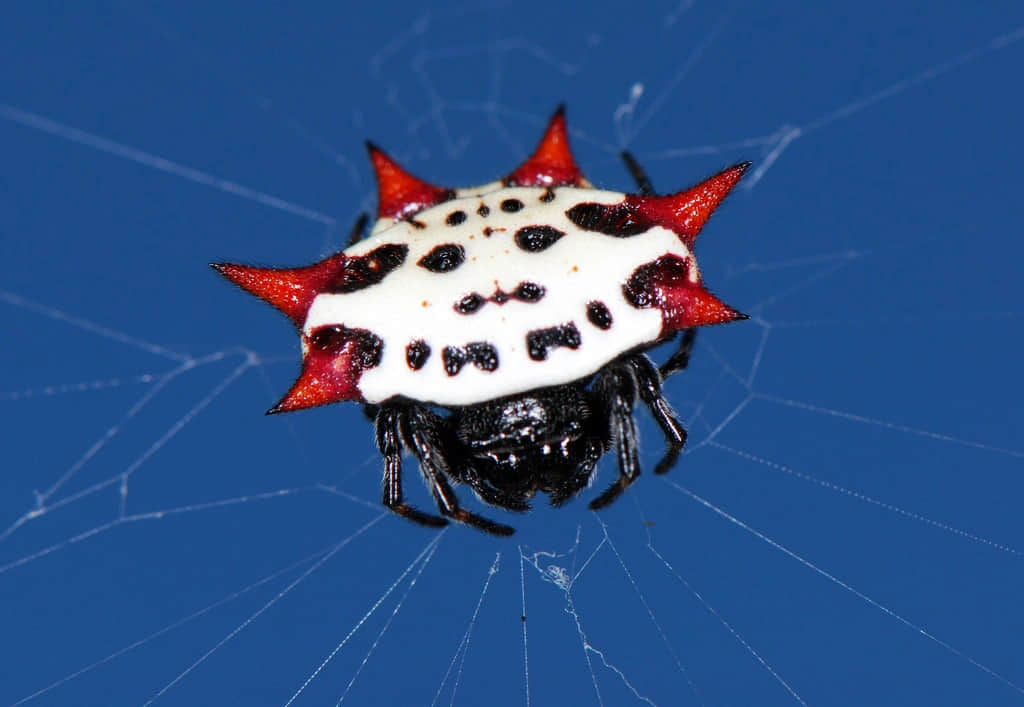
The pangolin, a scaly mammal resembling an amalgamation of different animals, possesses a truly extraordinary appearance. Its body is covered in protective scales made of keratin, similar to those of a reptile. These scales act as armor, providing a robust defense against potential predators. With their elongated snout and long tongue, pangolins are perfectly adapted to their diet of ants and termites. Their powerful claws aid in digging through the ground to locate their preferred prey.

There are eight known species of pangolins, each displaying unique characteristics and adaptations. The four Asian species include the Indian pangolin, Chinese pangolin, Sunda pangolin, and Philippine pangolin. The remaining four species, known as African pangolins, are the giant ground pangolin, Cape pangolin, white-bellied pangolin, and black-bellied pangolin. While some species reside primarily on the ground, others are adept climbers, navigating trees with remarkable agility.

Pangolins inhabit a diverse range of environments, from tropical rainforests and grasslands to savannas and woodlands. Their adaptability allows them to thrive in various ecosystems across Asia and Africa. These nocturnal creatures prefer the cover of darkness, emerging under the cloak of night to forage for insects. Pangolins construct burrows or utilize existing ones to seek shelter during the day, ensuring their safety from predators.

The pangolin’s elusive nature has shrouded its existence in mystery, making it challenging for researchers to gather comprehensive data on their behavior and population numbers. These secretive creatures are rarely seen in the wild, preferring solitude and seclusion. As a result, efforts to study and conserve pangolins have been hindered, leading to a lack of awareness about their ecological significance and vulnerability.

Tragically, pangolins face a grave threat from illegal wildlife trade, which poses a severe risk to their survival. The demand for pangolin scales and meat in various Asian markets has fueled their illegal hunting and trafficking. Pangolin scales are falsely believed to possess medicinal properties and are highly sought after in traditional medicine practices. Additionally, pangolin meat is considered a delicacy in some cultures, further exacerbating the demand.
Recognizing the urgent need to protect these remarkable creatures, international conservation organizations and governments have initiated efforts to combat the illegal wildlife trade and raise awareness about pangolins. Public campaigns, educational initiatives, and stricter law enforcement have been implemented to curb the demand and enforce stricter penalties for poaching and trafficking. Furthermore, measures to safeguard pangolin habitats and promote sustainable land management practices are crucial for their long-term survival.





